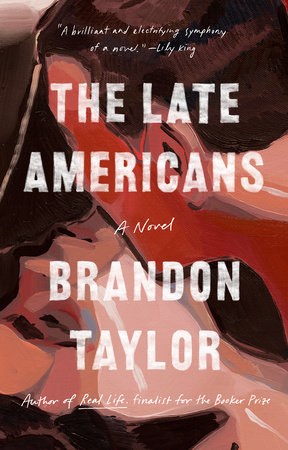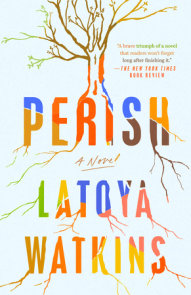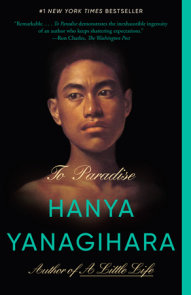READERS GUIDE
Questions and Topics for Discussion
1. Money and class are central concerns in the lives of many of the characters in The Late Americans, among them the couples Fyodor and Timo, and Goran and Ivan. How does class affect the power dynamics and misunderstandings within these couples? What opportunities do each character have, based on their economic status, and what effect does money have on how they pursue them?
2. What role do the arts—among them dance, music, and poetry—play in each character’s sense of self and how do they shape of their future dreams? How does Olafur’s proclamation that “you aren’t an artist if you don’t have empathy, passion, and pain” play out for each of the characters? How do they use art to express and explore their emotions? How do they reckon with their level of talent and ability?
3. “It used to seem to him that you could write about the past as a way of understanding the present,” the author writes of Seamus. “But now, his classmates wrote only about the present and its urgency.” How do Seamus’s ideas about poetry differ from his classmates’? Do you agree with his assertions about what a poem should do and how it should do it? What about his critiques of his peers? What did you think of the poem Seamus writes—and of how it is received?
4. Bert is distinct from most other characters in the novel, an older gay man in different circumstances. What role do you think he serves in the company of the younger characters? How did your initial impression of him, after his interaction with Seamus, change after his scenes with Noah? How is he different from Olafur, another older male character? In what ways are they similar?
5. In the chapter “Sussex, Essex, Wessex, Northumbria” we meet Bea, who lives in the same house as Noah and Fyodor. What did Bea’s story add to your understanding of these characters and their world? How does her way of living contrast with the lives of others we meet? Did it shed any different light on them, as individuals or as members of a community?
6. Offstage, the characters’ parents exert their influence and effect, each in their own way: Fyodor and his mother speak haltingly on the phone, Ivan sends his parents money, Noah and Bea feel the aftereffects of a parent’s death. How does each character manage their relationship with their parents? In what ways do they feel compelled to take care of them? To give back to them? To live up to their expectations?
7. On Noah’s recommendation, Ivan starts making videos for a porn subscription site, despite his initial misgivings. Did you find yourself agreeing with Noah’s encouragements? Do the videos feel to you more like a form of commerce or an artistic project? What does the book seem to be saying about the relationship between selling sex and selling art?
8. For Fatima, issues of class, race, and artistic ambition are also tied up with the issue of being a woman. What did you make of her reaction when she learns that Noah is seeing Olafur, and what is implied about her relationship with the dance instructor? What did you make of the scene where Olafur defends Cheney after Cheney attacks Fatima about her abortion and then assaults her?
9. “Loving people was hard. . . . But that didn’t mean you could just go on without trying,” Fyodor reflects. Do you agree? How does Fyodor’s view affect his perception of what love should be? How are his beliefs tested as he and Timo try to reunite? What other examples in the book test this idea? And which characters manage to love each other well, despite the difficulties?
10. “What was happiness if not this moment, if not then, right then, the group of them, together for maybe the last time . . . [W]hat were they if not happy?” Daw reflects at his family’s lake house, when Fatima asks if he’s happy. Is happiness only ever temporary, a way for present friendships to mask the kind of pain Daw and his family experienced at the house during his childhood, or must it be measured against the sum of all experience? How does this question play out throughout the novel?




















